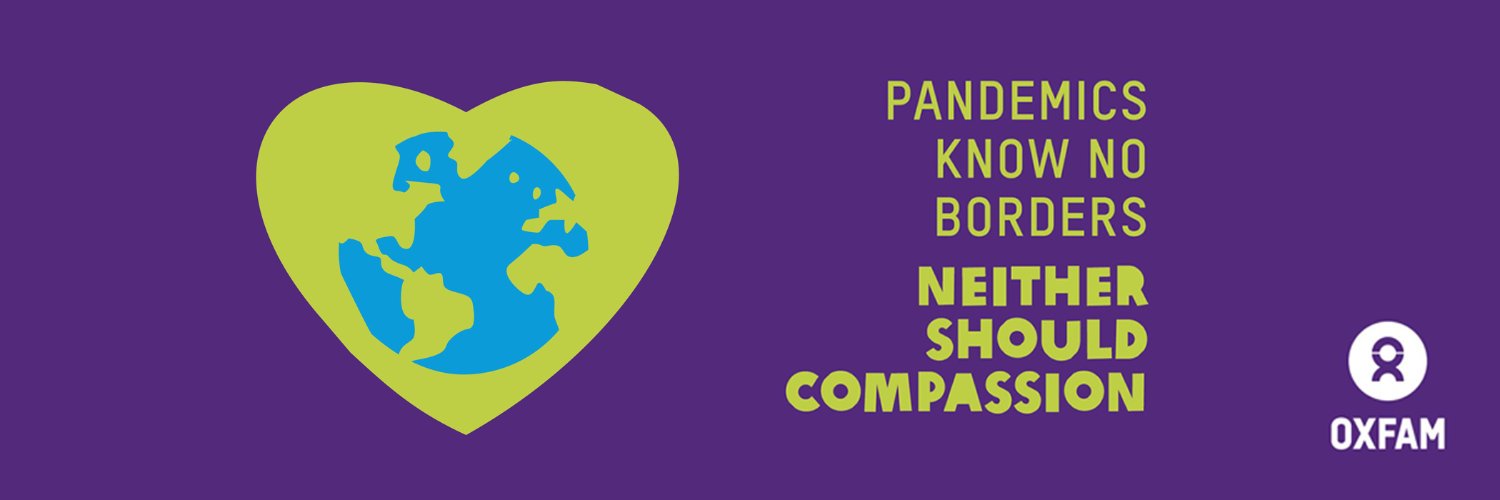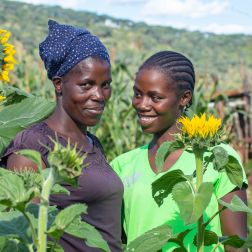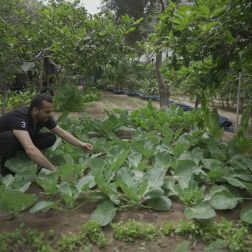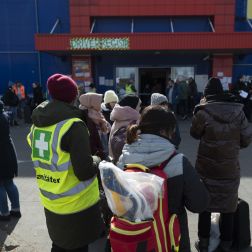- 3 mins read time
- Published: 19th August 2020
What makes humanitarians special is the choice they make – the choice to help others even when the risks are great

By Nigel Timmins, Humanitarian Director for Oxfam
Reading the latest reports of aid workers killed, kidnapped and attacked, or reading personal, human stories of loss can be crushing. COVID-19 has added to the threats faced by humanitarians but also the needs of so many from whom the pandemic, and its economic fallout, has taken everything. On this World Humanitarian Day, we pause to remember the colleagues, workers, and community members who are our inspiration as they risk their lives in the service of others.
It has become depressingly familiar to hear of colleagues that have been targeted by violence, sometimes killed, while doing their jobs. The Aid Worker Security Database (AWSD) of Humanitarian Outcomes recorded 277 incidents against aid workers last year, the highest number in 10 years. We were deeply saddened to read of a recent attack, which killed eight people including ACTED colleagues in Niger, while Oxfam is still mourning the loss of two of our colleagues in Syria earlier this year.
In addition to the threat of violence has come the risk of infection from COVID-19. Humanitarians in the health sector are knowingly putting themselves at greater risk of disease to help others, but additionally, according to Geneva-based Insecurity Insight, more than 265 violent incidents related to COVID-19 have been reported, with some attacks on health workers driven by fears they could spread the virus. This is not unique; during the Ebola epidemic in the Democratic Republic of Congo, aid workers trying to slow the spread of the disease became targets of attacks from fearful communities.
We have also seen health workers and human rights activists become the target of attacks by governments for protesting and challenging official infection figures, or Government’s responses to the pandemic. At a time when transparency, communication and sharing data is an essential means of overcoming communicable disease, we have seen the politicisation of information and the rise of “fake news”, which creates confusion and means that many citizens are not sure who can be trusted.
The act of caring is not free, but costly. That is what makes carers special – we recognise in them the willingness to give of themselves with no consideration of receiving. The highest example of this is the work undertaken by local humanitarians; the great majority of humanitarian assistance and caring is provided by local people in local communities, and by women in particular.
So, on this day, we honour Oxfam colleagues, the staff of local and national organisations and the countless unsung community members on the frontline of humanitarian action and the COVID-19 response, and acknowledge their commitment and bravery in the face of tremendous challenges.
Every day, in countless situations, people undertake extraordinary tasks to help their fellow humans. Those that rushed to help dig others out of the unstable rubble in the aftermath of the Beirut explosion; the women calling for peace and freedom in protests from Sudan to Belarus, or the people who wash and feed the sick in their community. The doctors and nurses who risk infection daily to treat patients, or the human rights activists who stand up in public, aware of the retaliation that may come, to push for change where change is needed. Acts of costly caring like this inspire and galvanise the rest of us to action.
On this World Humanitarian Day, let us take a moment to pause and acknowledge the pain and loss of so many in the service of others. Then, while we work for things to be different, let us go forward with humility and determination inspired by the price our colleagues and fellow people have paid.




